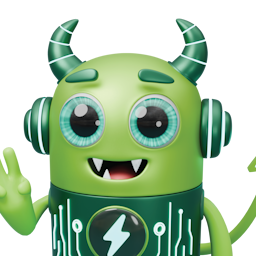This guide is specifically for users of the legacy Plugable USB2-E1000 (manufactured before 2017), which utilizes the ASIX AX88178 chipset.
The ASIX AX88178 chipset requires a manual driver installation(if the system does not already have access to the internet) on Windows 10 because the drivers are not built into the operating system
While newer ASIX chipsets (like the AX88179) have drivers built into Windows 10, the AX88178 does not. If this adapter is your only source of internet, Windows cannot reach "Windows Update" to find the driver, resulting in an "Unknown Device" or "Code 28" error in Device Manager.
Instructions
- Right-click Start and select Device Manager
- Look under Other Devices to see if AX88178 or USB 2.0 Fast Ethernet is listed with a yellow exclamation mark
- Download the ASIX AX88178 Windows 10 Drivers (.zip) on a computer with internet access
- Move the downloaded folder to the target machine using a USB flash drive
- Right-click the downloaded folder and select Extract All
- Return to Device Manager on the target machine, right-click the AX88178 entry, and select Update driver
- Select Browse my computer for drivers
- Click Let me pick from a list of available drivers on my computer
- Ensure Show All Devices is highlighted and click Next
- Click the Have Disk... button
- Click Browse, navigate to the folder where you extracted the drivers, and select the .inf file
- Click OK, then Next to install the driver
Expected Result
The device should no longer appear under Other Devices with an error; instead, it should be listed correctly under Network Adapters in Device Manager
Applicable To
- Plugable USB2-E1000 (manufactured before 2017)
- ASIX AX88178 chipset

